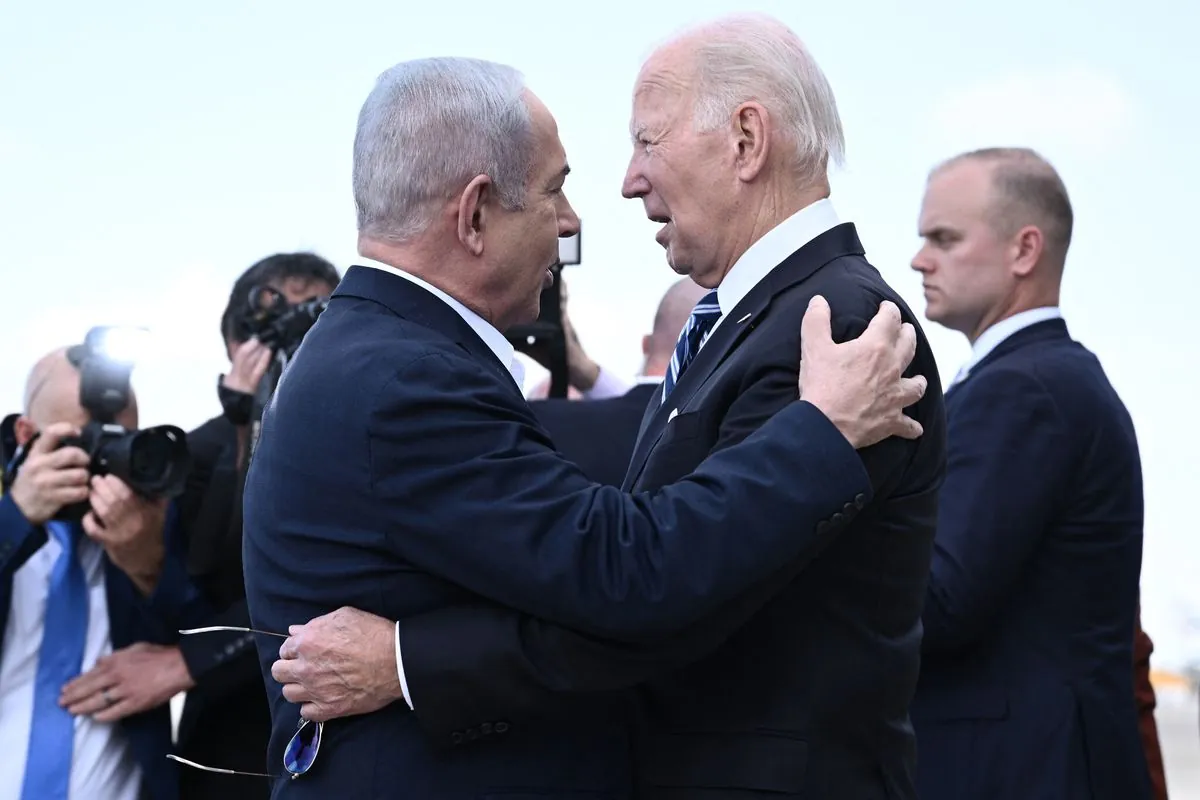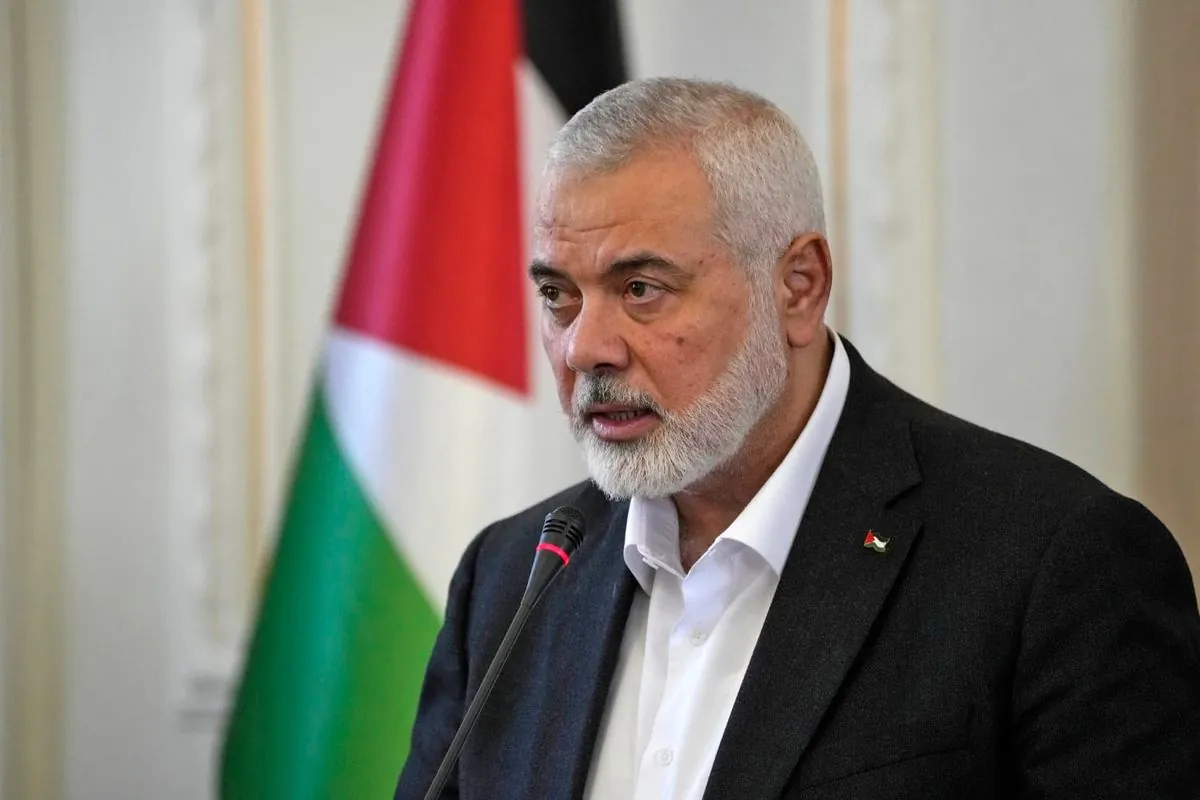Netanyahu and Biden to Discuss Middle East Tensions Amid Recent Assassinations
Israeli PM and US President to hold talks following Hamas leader's death in Tehran. Recent events raise concerns of escalating regional conflict, with cautious US response to developments.

Benjamin Netanyahu and Joe Biden are set to engage in a phone conversation on August 2, 2024, amidst escalating tensions in the Middle East. This dialogue comes in the wake of recent high-profile assassinations that have heightened concerns about regional stability.
The focal point of these tensions is the recent death of Ismail Haniyeh, the leader of Hamas, in Tehran on July 30, 2024. Haniyeh, who assumed leadership of Hamas in 2017, was killed in the Iranian capital, a city with a population exceeding 9 million. This event has sparked threats of retaliation against Israel and raised fears of a potential expansion of the Gaza conflict into a broader Middle East confrontation.

While Iran and Hamas have pointed fingers at Israel for Haniyeh's death, Israeli authorities have neither confirmed nor denied involvement. However, Israel did acknowledge its role in the elimination of a high-ranking Hezbollah commander in Beirut on July 31, 2024. Beirut, with its rich history spanning over five millennia, has once again found itself at the center of regional tensions.
Jake Sullivan, the U.S. national security adviser, offered a measured response to these developments. He stated, "It is too soon to tell what the impact of his death will have on negotiations, and so I'm not going to speculate on that, especially in light of the broader dynamics and set of events unfolding in the region right now."
The current situation is deeply rooted in the complex history of the Israeli-Palestinian conflict, which dates back to the late 19th century. Hamas, founded in 1987 during the First Intifada, has controlled the Gaza Strip since 2007. This densely populated area has been a focal point of ongoing tensions.
The United States, a key mediator in Middle East peace processes, faces the challenge of navigating these turbulent waters. The upcoming conversation between Netanyahu and Biden is expected to address these pressing issues and explore potential paths towards de-escalation.
As the situation unfolds, the international community watches closely, mindful of the region's strategic importance and the potential for wider repercussions. The recent Abraham Accords, which normalized relations between Israel and several Arab states in 2020, add another layer of complexity to the current geopolitical landscape.
The outcome of the Netanyahu-Biden discussion may provide insights into the next steps in addressing the volatile situation in the Middle East, as stakeholders work to prevent further escalation and seek a path towards stability in this historically contested region.


































